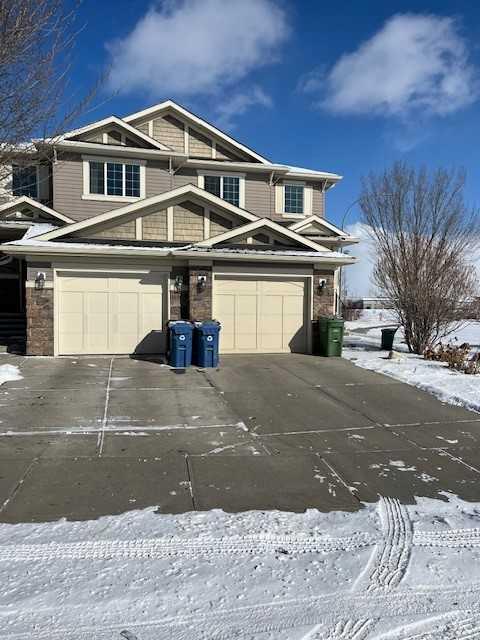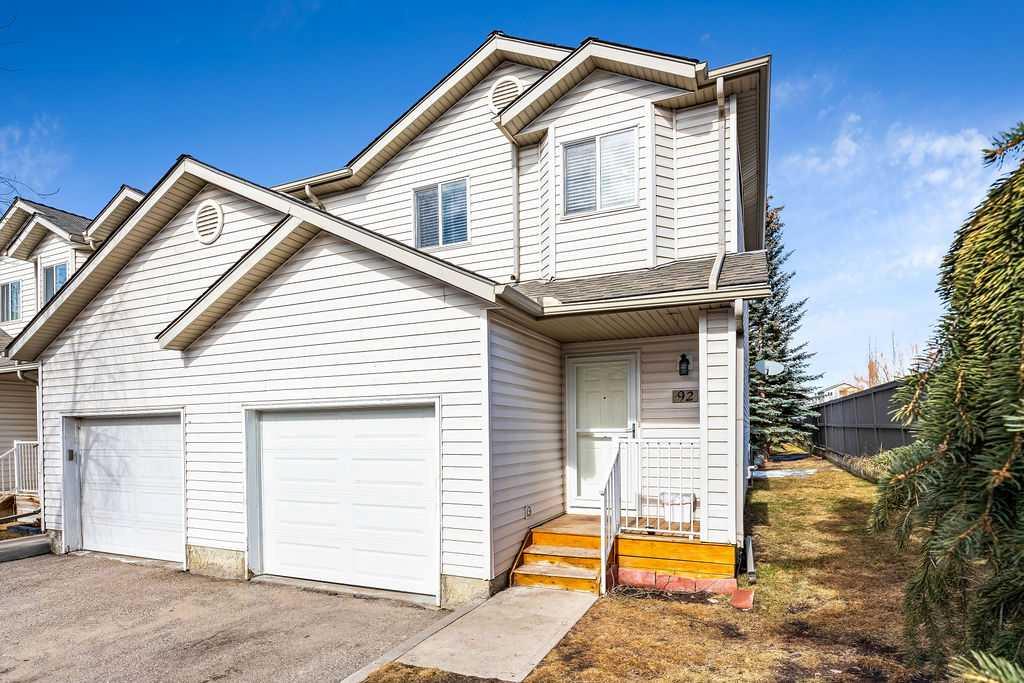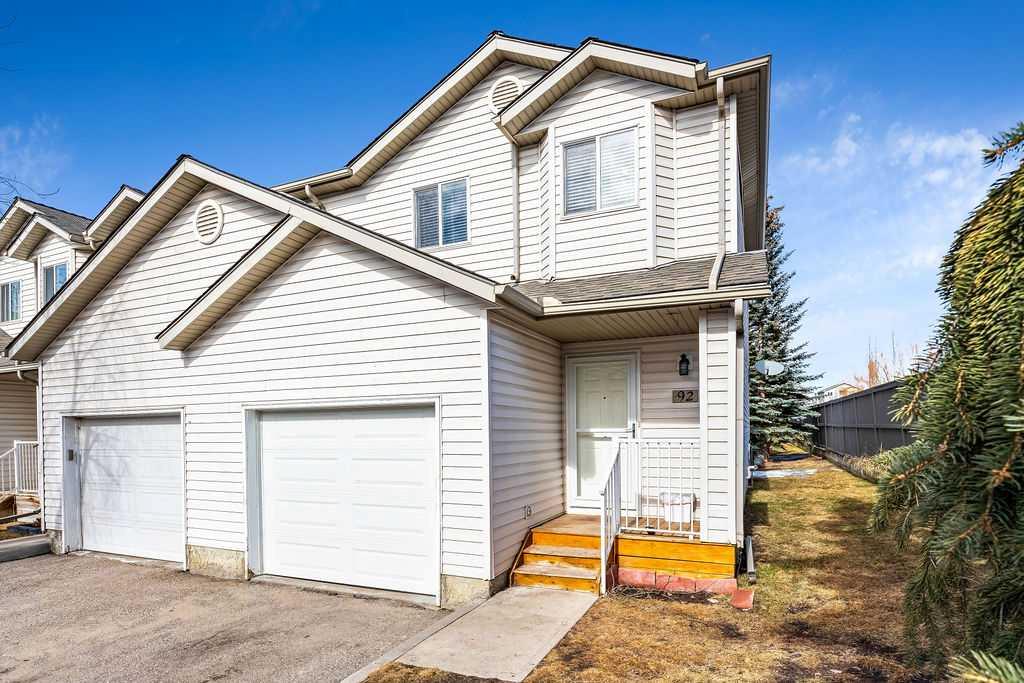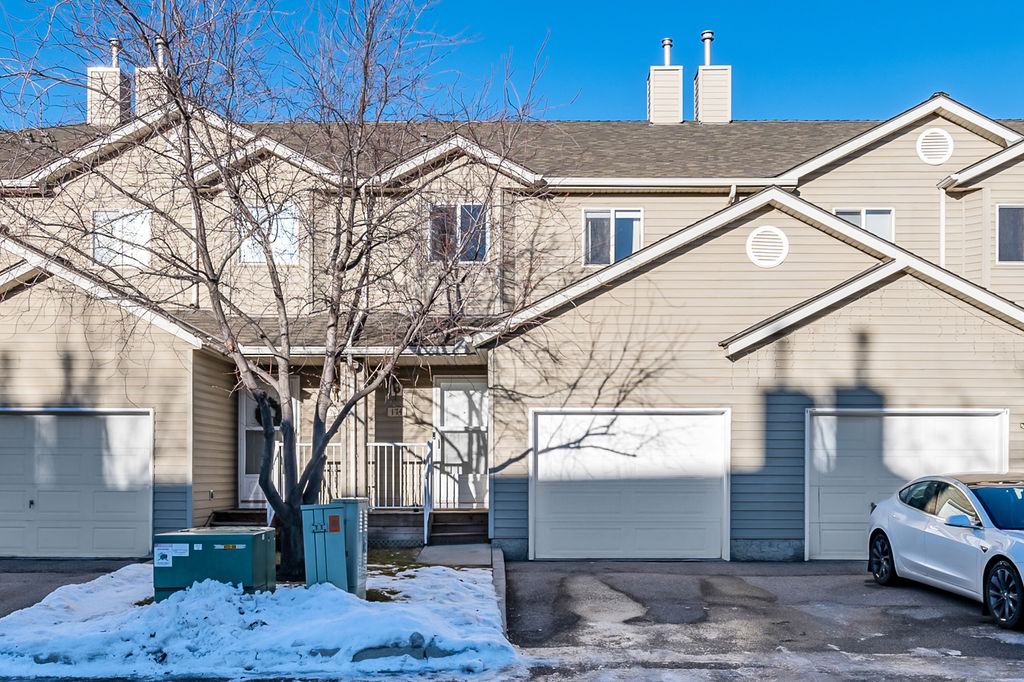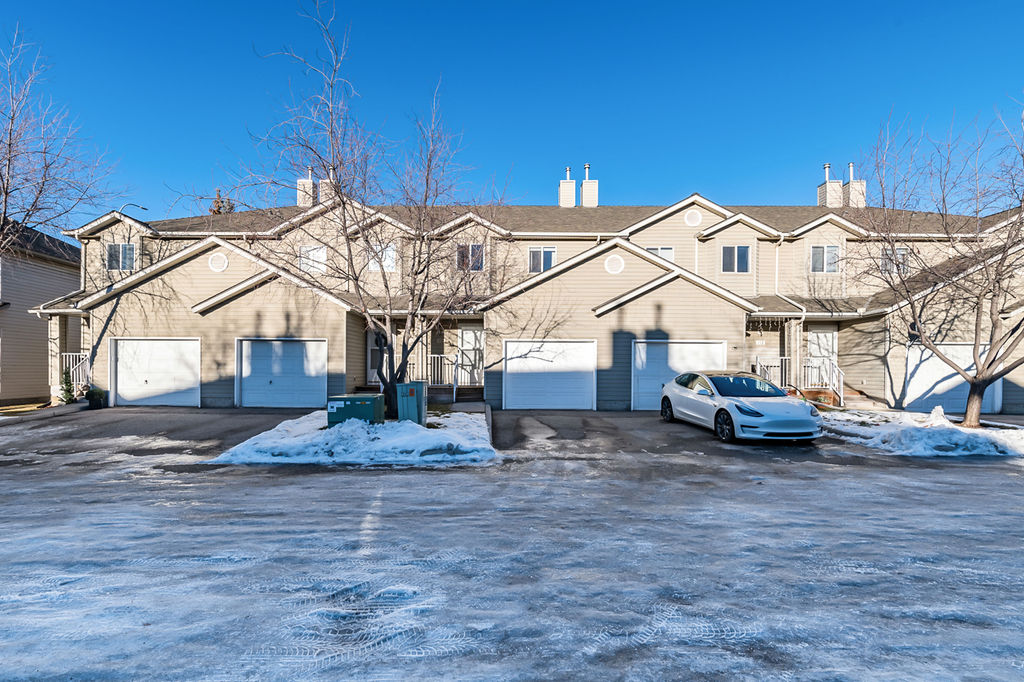Many seniors may not be aware of the various Alberta programs available to assist them with their optical and dental needs. I continually try to source “Hidden Gems” available yet not well advertised that are in place to assist our deserving seniors. This is just one of them.
Eligibility
To be eligible for the Dental and Optical Assistance for Seniors programs you must:
be 65 years of age or older
be an Alberta resident and have resided in Alberta for at least 3 months before applying
be a Canadian citizen or admitted to Canada for permanent residence (landed immigrant)
be approved to receive Seniors’ Financial Assistance programs
have an annual income within the limits allowed by the program
Read the Dental and Optical Assistance for Seniors brochure for more information.
Income
Eligibility for the Dental and Optical Assistance for Seniors programs is determined by a senior’s ‘total income’ as reported to the Canada Revenue Agency (CRA) in the previous tax year.
‘Total income’ means the total income as defined in the Income Tax Act (Canada) and refers to line 15000 of an Albertan’s federal tax return.
For the 2023-24 benefit year (July 1, 2023, to June 30, 2024), your 2022 total income will be used to determine your eligibility. Table 1 outlines the total income guidelines for these programs and the benefits available.
Table 1. Marital status, income and benefits
|
|
Maximum coverage*
|
Partial coverage*
|
No coverage
|
|
Single senior
|
$0 to $31,080
|
$31,081 to $31,675
|
Over $31,675
|
|
Single couple
|
$0 to $62,160
|
$62,161 to $63,350
|
Over $63,350
|
*More information on dental and optical coverage is available, see below.
To remain enrolled in the Dental and Optical Assistance for Seniors programs, you must have an active file with the Alberta Seniors Benefit program.
Use the Seniors Benefit Estimator to see if you are eligible for benefits.
How to apply
To determine your eligibility for the Dental and Optical Assistance programs, you must first apply for Seniors Financial Assistance programs.
If you have already submitted the Seniors Financial Assistance application form, there is no need to apply again.
Dental assistance
Eligible seniors are provided up to a maximum of $5,000 of coverage every 5 years for select dental services and procedures that maintain a reasonable level of dental health. When you are first enrolled in the program, the 5-year period will begin on the date of your first dental service funded under this program.
Every 5 years, your $5,000 of funding is renewed. If you do not use the full $5,000 in this period, the remaining amount will not carry over into the next 5-year period.
Dental coverage is based on the Dental Assistance for Seniors Program Fee Schedule, which establishes both the maximum fee amount and frequency of coverage for eligible services.
If you are eligible for maximum coverage, your funding will cover the maximum fee amount(s) for eligible procedure(s) found within the fee schedule. Maximum coverage may not cover the full fees charged by Alberta dental providers.
If you are eligible for partial coverage, your funding will cover 99% to 10% of the fee amount(s) for eligible procedure(s) within the fee schedule. Your percentage of partial coverage will depend on your 2022 total income.
Prior to receiving a dental service and/or procedure, it is important to ask your dental provider to submit a pre-authorization (cost estimate) to the Alberta Dental Service Corporation. This step will ensure the dental service and/or procedure is an eligible benefit covered by the program and will determine how much you will have to pay.
Basic dental services covered under this program include:
diagnostic services (examinations and x-rays)
preventive services (polishing and scaling)
restorative services (fillings, trauma, pain control)
extractions (simple and complicated)
root canals (endodontics)
procedures relating to gum disease (periodontics, root planing)
dentures (removable prosthodontics, basic full and partial dentures)
Dental services and procedures not found in the fee schedule and not covered under this program include:
Dental providers may provide a dental service that is not an eligible benefit.
It is important to note the Dental Assistance for Seniors program does not provide full coverage of the fees charged by Alberta dental providers.
See the example below.
Table 2. A typical annual check-up with cleaning for a senior with maximum coverage under the Dental Assistance for Seniors program
|
Dental procedure
|
2023 Alberta Dental Fee Guide rates*
|
Maximum program fee schedule rates
|
Senior’s portion
|
|
Senior's portion total
|
$59.04
|
|
Recall exam
|
$73.85
|
$62.94
|
$10.91
|
|
Two bitewing radiographs
|
$54.60
|
$43.00
|
$11.60
|
|
Two units scaling
|
$154.42
|
$126.68
|
$27.74
|
|
One unit polishing
|
$68.79
|
$60.00
|
$8.79
|
*These rates are found within the 2023 Alberta Dental Fee Guide. For more information on the Alberta Dental Association’s General Dentist Fee Guide rates, visit: Alberta Dental Association.
Frequency limitations
Based on the Dental Assistance for Seniors Program Fee Schedule, frequency limitations may apply for specific dental services.
Dental providers may choose to perform dental services more frequently than permitted under the program. The senior is responsible for the cost of these services if they choose to proceed.
Out-of-province or out-of-country claims
All dental services and procedures supported by this program must be completed by a dental provider located within Alberta.
Optical assistance
Eligible seniors are provided up to a maximum of $230 every 3 years towards the purchase of prescription eyeglasses. When you first enroll in the program, the 3-year period of coverage will begin on the date that you receive the first funded optical service under this program.
Every 3 years, your optical funding is renewed. If you do not use the full funding in this period, the remaining amount will not carry over into the next 3-year period.
If you are eligible for maximum coverage, you will receive up to a maximum of $230 of optical funding.
If you are eligible for partial coverage, you will receive up to a maximum of $115 of optical funding.
Optical funding covered under this program includes:
Optical services not covered include:
*Note: Seniors 65 years and older are eligible for one eye exam per benefit year (July 1 to June 30) through the Alberta Health Care Insurance Plan (AHCIP). For more information, review services covered under the AHCIP.
Frequency limitation
If you purchase prescription eyeglasses within the 3 years and you do not use your full funding at that time, you can use the remaining funds before the 3-year period ends.
Cataract surgery
Assistance with an additional set of eyeglasses within the same 3-year period may be provided to an eligible senior when they had cataract surgery that led to a change in prescription.
Read the Cataract surgery claims below for more information.
How to submit a claim
Alberta Health has contracted the Alberta Dental Service Corporation to be the benefit administrator for all dental claims and to provide you with information about the Dental Assistance for Seniors program and answer questions regarding dental claims and payment. Contact information is provided below.
Alberta Health has contracted Alberta Blue Cross to be the benefit administrator for optical claims and to provide you with information about the Optical Assistance for Seniors program and answer questions regarding optical claims and payment. Contact information is provided below.
Step 1: Talk to your health service provider when visiting
When visiting a dental or optical provider, present your Alberta health card and inform the service provider that you are a senior enrolled in the Dental and Optical Assistance for Seniors programs.
The service provider can confirm your eligibility and level of coverage at the time of your appointment by submitting a pre-authorization to the benefits administrator.
Step 2: Payment for services
Direct billing available
Dental or optical offices may bill the benefit administrator directly for services provided to you. If your service provider accepts this method, you will only be required to pay any outstanding amount not covered by the program.
If your dental or optical provider submits a claim directly to the benefit administrators, skip Step 3.
Direct billing is not available
Dental or optical offices may not bill the benefit administrator directly for services provided to you. If this occurs, you will be required to pay the full balance and submit your receipts for reimbursement. You or your service provider must also complete sections of a reimbursement form.
If your dental or optical provider does not submit claims directly to the benefit administrators, go to Step 3 below.
Step 3: Submit a reimbursement claim
All dental and optical claims must be submitted within 12 months of an expense being incurred. If you do not submit the claim within 12 months, reimbursement will not be provided.
Dental
You may collect a reimbursement claim form from your dental provider or the Alberta Dental Service Corporation. Ensure the claim form is complete and includes your personal health number.
You can also submit the dental claim online directly to the Alberta Dental Service Corporation after creating an online account. The online account will track your remaining dental funding, if a previous claim has been paid, and allow you to update your address or banking information.
Optical
Get a reimbursement claim form from your optical provider or Alberta Blue Cross and submit it to the address included on the form (PDF, 176 KB). Ensure the claim form is complete and includes your personal health number.
You can also submit the optical claim online directly to Alberta Blue Cross after creating an online account through Alberta Blue Cross' Member site. The online account will track your remaining optical funding, if a previous claim has been paid, and allow you to update your address or banking information.
Cataract surgery claims
If you had cataract surgery after receiving funding within the same 3-year period and there is a change in your prescription, you may be eligible for additional funding. To be eligible for this additional funding, you must have a medical note confirming the date of your cataract surgery.
Your optical provider can submit this claim, along with the medical note, on your behalf directly to Alberta Blue Cross. This process is based on the optical provider entering the confirmed date of cataract surgery and uploading documentation confirming your cataract surgery.
Reviews and exceptions
If you were denied funding or were funded less than expected for a dental or optical claim, you can request a review.
Program income eligibility reviews and exceptions
To request an explanation of the income information used to determine your eligibility for the program, contact the Alberta Seniors Benefit program via:
Alberta Support Contact Centre
Hours: 7:30 am to 8 pm (open Monday to Friday, closed statutory holidays)
Toll-free: 1-877-644-9992
Dental claim reviews
If you have questions regarding the outcome of a dental claim, the fee amount paid by the program or why a dental service was not approved, contact:
Alberta Dental Service Corporation
Phone: 1-800-232-1997
Email: claims@adsc.org
Fax: 780-426-7581
If your questions were not resolved after calling the Alberta Dental Services Corporation, you or your dental provider can request a review of your dental claim by writing to:
Alberta Dental Service Corporation
200, 17010 103 Avenue NW
Edmonton, Alberta T5S 1K7
Dental claim exceptions
Your dental provider may submit an exception review on your behalf if the Alberta Dental Services Corporation did not approve a dental service.
All requests are reviewed by the Alberta Dental Service Corporation Review Committee. The exception review request must include:
Note: Dental services not listed in the dental fee schedule that are provided to a senior before the request is reviewed by the Alberta Dental Services Corporation Review Committee will not be funded.
Each request is reviewed on an individual basis, taking into consideration the eligible dental options available, the medical necessity of the requested treatment, the overall oral condition of the mouth and all pre-existing medical conditions. The information submitted will be used to ensure the proposed dental exception is the most cost-effective service and sustainable for a prolonged period.
Your dental provider will receive a written response from the Alberta Dental Service Corporation Review Committee once a decision has been reached. If you have questions regarding the outcome of a dental exception, contact your dental provider or:
Alberta Dental Service Corporation
Phone: 1-800-232-1997
Email: claims@adsc.org
Fax: 780-426-7581
Optical claim reviews
If you have questions regarding the outcome of an optical claim, the amount paid by the program or why an optical service was not approved, contact:
Alberta Blue Cross
Phone: 1-800-661-6995
Optical claim exceptions
If your questions are not resolved after calling Alberta Blue Cross, or you are requesting exception coverage for an optical service that was not approved or is not an eligible benefit, you can request a review of your optical claim by writing to the Optical Assistance for Seniors program:
Optical Assistance for Seniors
PO Box 3100 Stn Main
Edmonton, Alberta T5J 4W3
The program will review your written request and respond by letter.
Click the lower link to go to the live site.
https://www.alberta.ca/dental-optical-assistance-seniors#jumplinks-2



